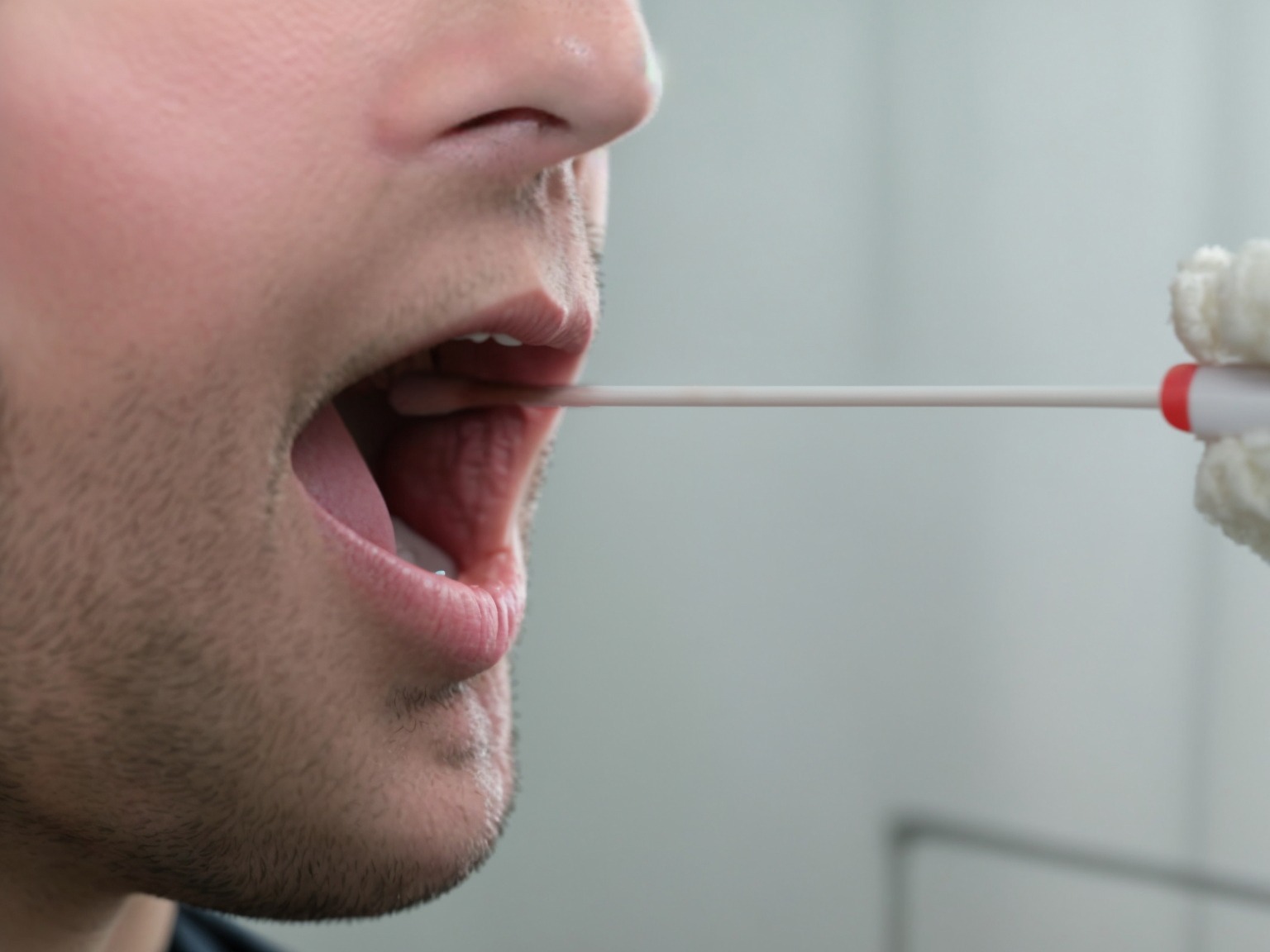In 2022, American researcher Garret Yount conducted an ambitious six-day course on healing in lucid dreams for post-traumatic stress disorder. Later, as part of a group of scientists from the United States and Lithuania, including Tadas Stumbrys, a renowned researcher on this topic, he published the results in a scientific article. According to the results, 76% of the participants experienced lucid dreaming, and over half of them completed the healing plan.
The scientists enthusiastically received the results; however, the conclusions were based on patients’ self-diagnoses. Now, the authors have set out to confirm success in specific, measurable figures—for example, through saliva.
Alpha-amylase is an enzyme present in saliva. It is studied in connection with nervous disorders and stress conditions. Traumatized individuals may have atypical test results. If stress can be understood through saliva, is it possible to assess the success of healing?
The 20 course participants provided saliva samples twice daily: immediately upon waking and then again half an hour later. During the night, they were supposed to experience lucid dreams and perform tasks related to self-healing. However, this approach has not been confirmed and remains an idea; only four out of eight participants who completed all the tasks in their dreams provided usable saliva samples.
Have you had any experiences with healing in lucid dreams?
The article was published in January 2024 in Frontiers in Psychology.
Get all the latest news about lucid dreams via our channels on Telegram, Facebook, Twitter




